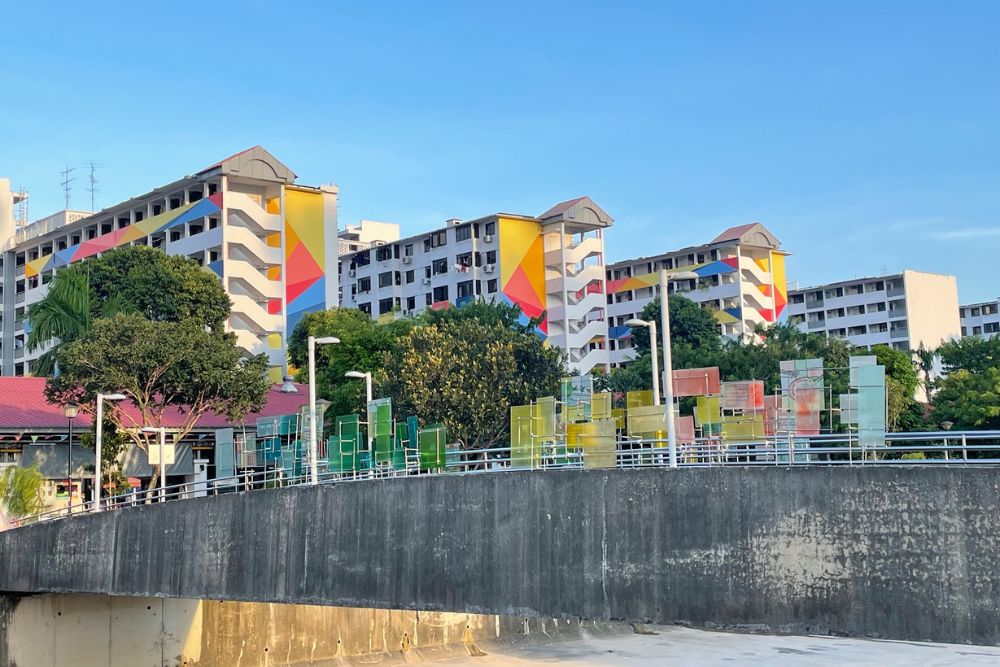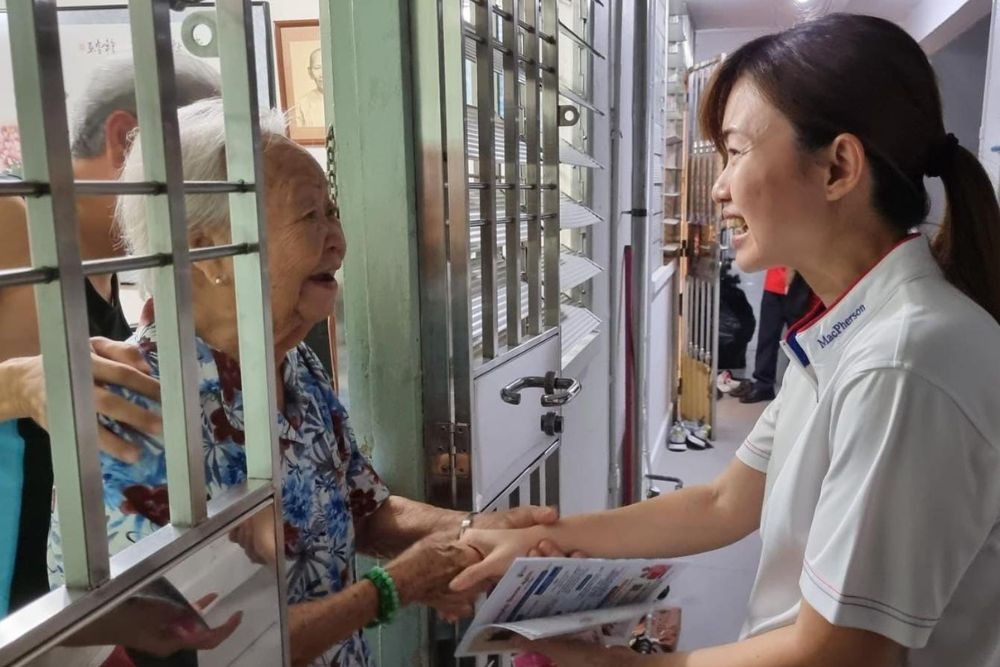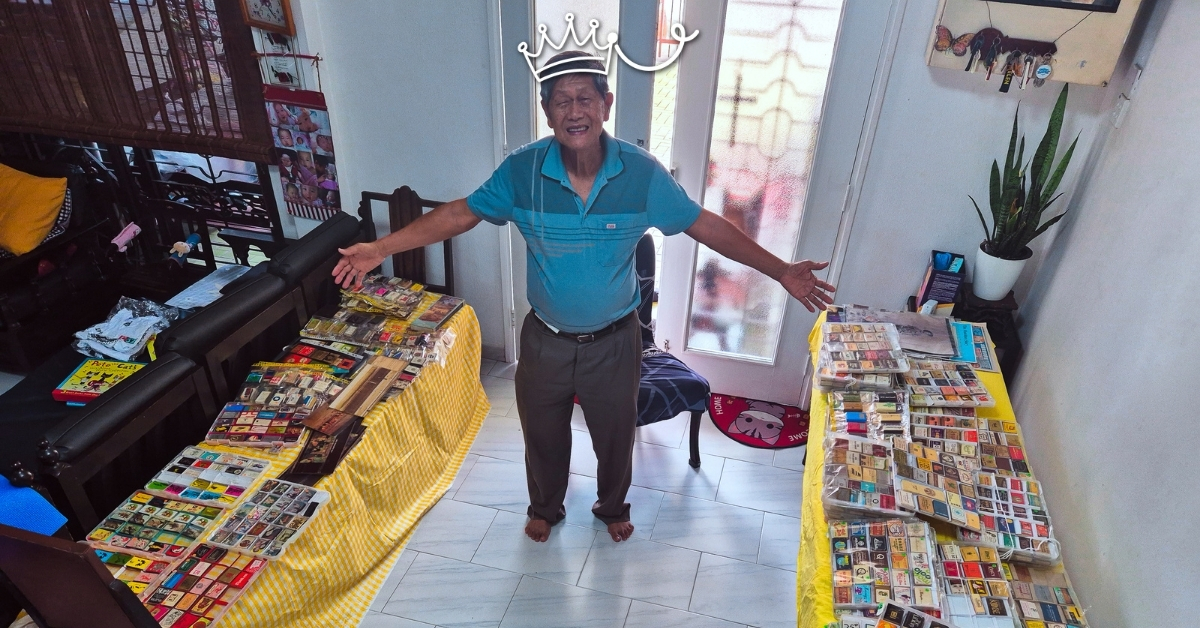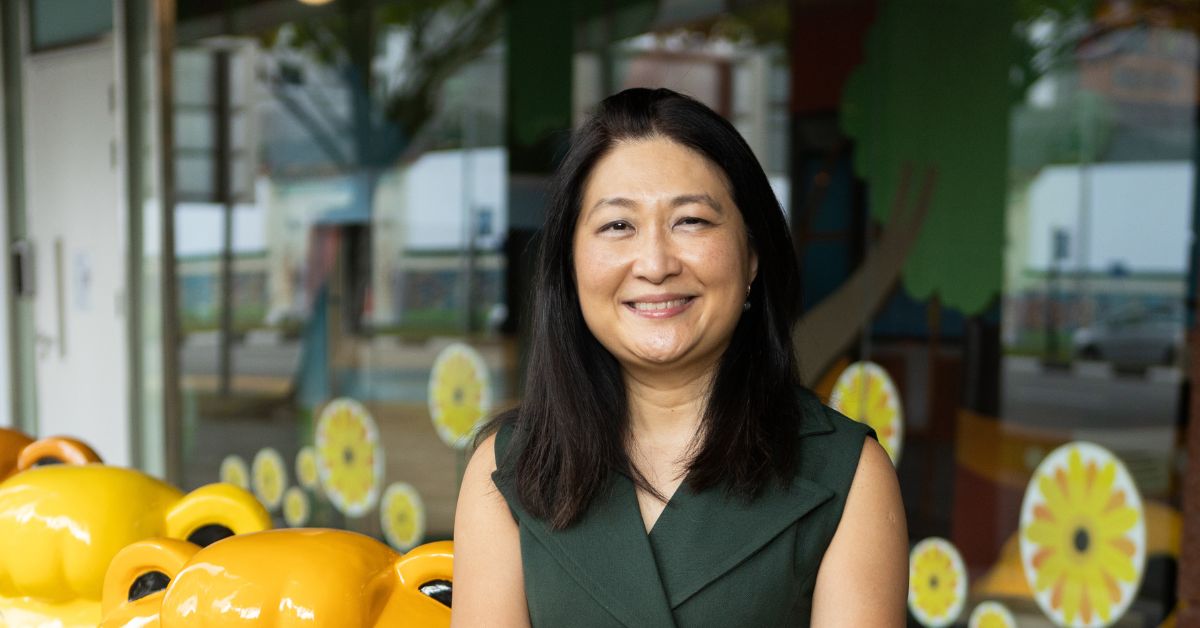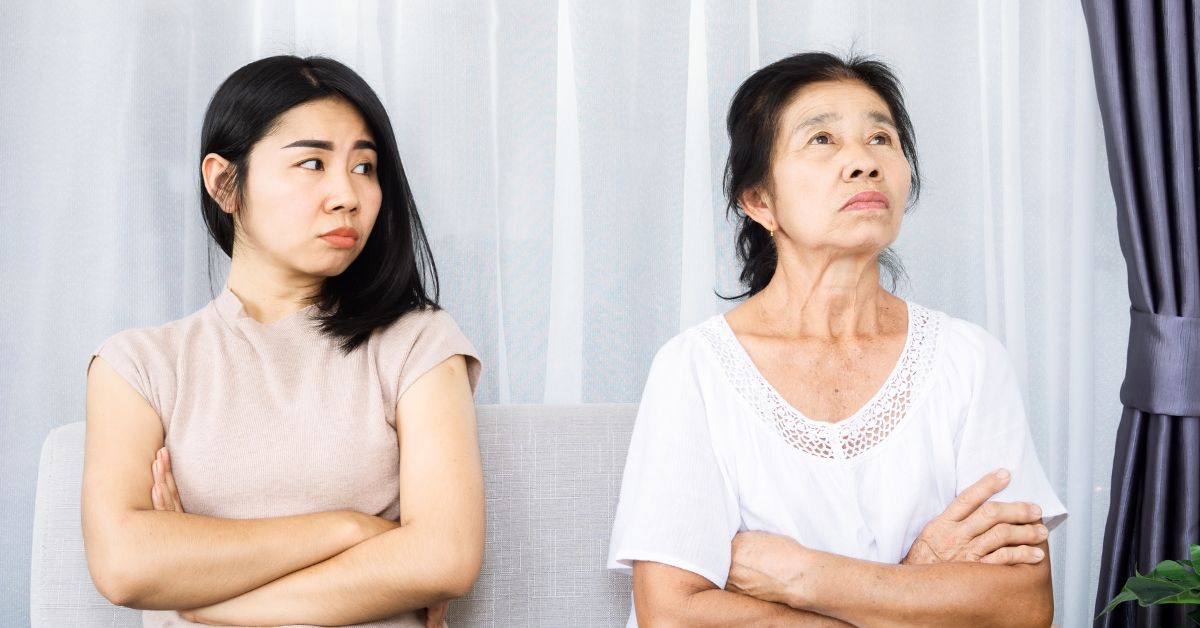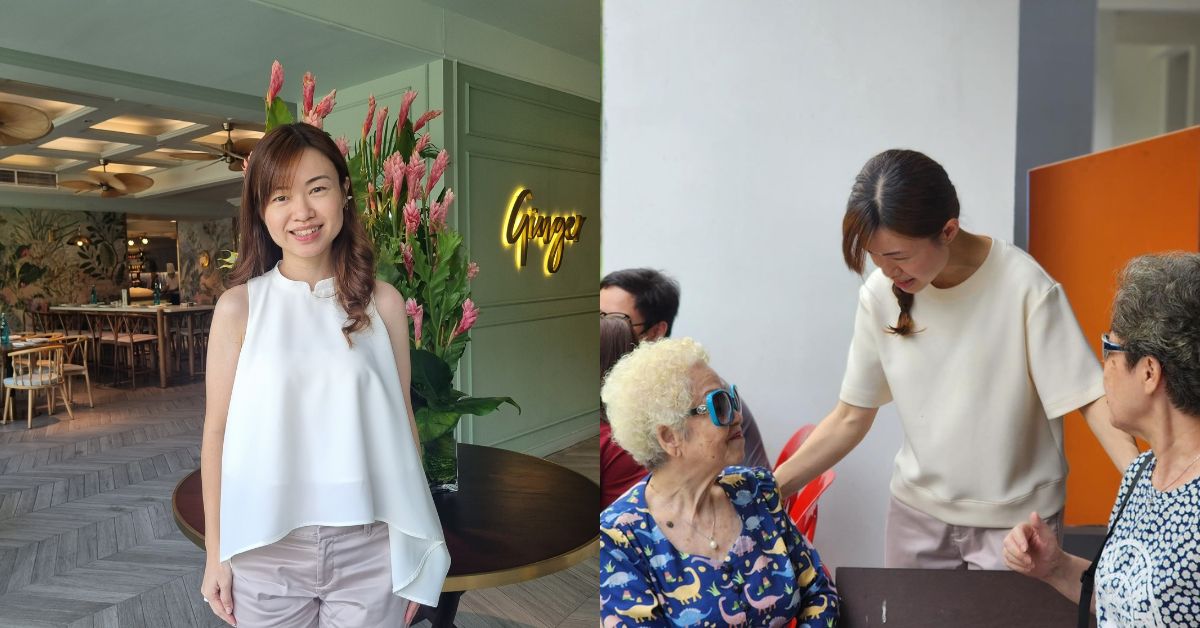
Despite political and personal baptisms of fire, Member of Parliament, Tin Pei Ling has endeared herself to the silver generation in her constituency.
At the age of 27, Tin was the youngest candidate fielded by the ruling People’s Action Party as part of the team in Marine Parade GRC (group representation constituency) during the 2011 election.
She was put in charge of the MacPherson ward, where one-third of residents are above the age of 50, and many of whom are less privileged. She was facing an uphill battle, and that’s before accounting for the social media furore that came with her fielding.
Her vote share in MacPherson has steadily grown, even after the ward was reclassified as a Single Member Constituency (SMC) in the subsequent 2015 and 2020 general elections.
"When we grow old, how do we want our lives to look like?"
ponders Tin, who turns 40 soon.
Advertisement
"It’s an immediate concern in MacPherson (due to the demographics of the ward), but it is also about our future. I would think that I want to be healthy, I want to be fit, I want to be engaged. I want to still be able to do something for the community. I want to still learn new things, so that I don’t think that I am no longer relevant,"
Tin adds.
Ageing issues
After the 2015 election, political analysts attributed Tin’s increased vote-share to a combination of senior-friendly policies and her ability to connect with MacPherson’s senior residents.
One of the earlier senior-friendly initiatives that was spearheaded in MacPherson was the “Say No to Fall” programme in 2011, aiming to assess seniors’ risk of falling and offering subsidised interventions like home fixings for those with higher risk profiles.
The project predated the Housing and Development Board’s (HDB) Enhancement for Active Seniors (EASE) programme, which fulfils a similar function, by around a year.
Tin also introduced the MacPherson Care Fund in 2012, which came about after a house visit with a senior resident who refused to see the doctor for fear that he would not be able to afford medical costs, even after subsidies.
The donor-supported fund covers the final out-of-pocket payment after national subsidies and insurance deductions for doctor’s visits, dental care, and hearing aids, among others.
"By helping them offset that, we hoped that it would help the elderly feel less stressed about medical bills and hopefully encourage them to seek the treatment they need – because we don’t want them to wait until it’s very jialat (Hokkien for dire), because that might be even more expensive, or too late,"
she says.
Other schemes she introduced in her ward included a milk powder fund for low-income families with young children; the MacPherson Children Chapter, which provides English lessons to children from less privileged backgrounds; a mental health taskforce for seniors in collaboration with the Agency of Integrated Care; and a life-long learning fund that, similar to the MacPherson Care fund, would foot the bill for self-learning courses for silvers after other subsidies.
Connected emotionally with seniors
A colleague who worked in a statutory board (and would sometimes be assigned to provide staffing for the politician), says that Tin’s meet-the-people sessions would often last into the early morning.
Tin is fluent in Mandarin with a decent command of local Chinese dialects including Hokkien and Cantonese.
"When she does house visits, you can really tell that she takes the time to listen to their problems. She usually takes a few evenings to clear just one block,"
says the colleague, who declined to be named.
"I think it’s the willingness to try and help. You can’t solve everything – I’m quite sure I didn’t solve everything. I tried my best, but some things you just can’t,"
she says.
"But over time, when you get to know each other, there’s a certain chemistry, a certain bond, and a certain trust. I’m very grateful and thankful that when they see me, they see me as one of their own."
Empathy could’ve played a part, as she, too, has ageing parents that she worries about.
"As an only child, ageing has always been very salient for me,"
she says.
Concerns for an ageing Singapore
Several upcoming challenges for the government outside of providing extra financial and structural support to deal with an ageing populace include helping seniors stay digitally connected and savvy, she says.
Dealing with social isolation and depression is another major concern – especially for the cohort of seniors who were adversely affected by a protracted time indoors during the Covid-19 pandemic.
"Because of the long time at home, they are no longer as mobile as before. They deteriorate and it becomes a vicious cycle, because they no longer go out or are even fearful of going out,"
she says.
Outreach activities help, but they only reach a certain cohort of seniors. The next step, she says, is befriending efforts, which requires “a huge pool of volunteers”.
"Engaging an entire generation is a big, big challenge. We try to encourage them to come out and do something to encourage them to volunteer, so they can keep engaged,"
Tin adds.
"We also try to leverage digital means, but that also depends on seniors themselves."
"Ageing is an evolving thing, and every generation’s seniors are different – so the approach, the model, is also evolving."
She says,

